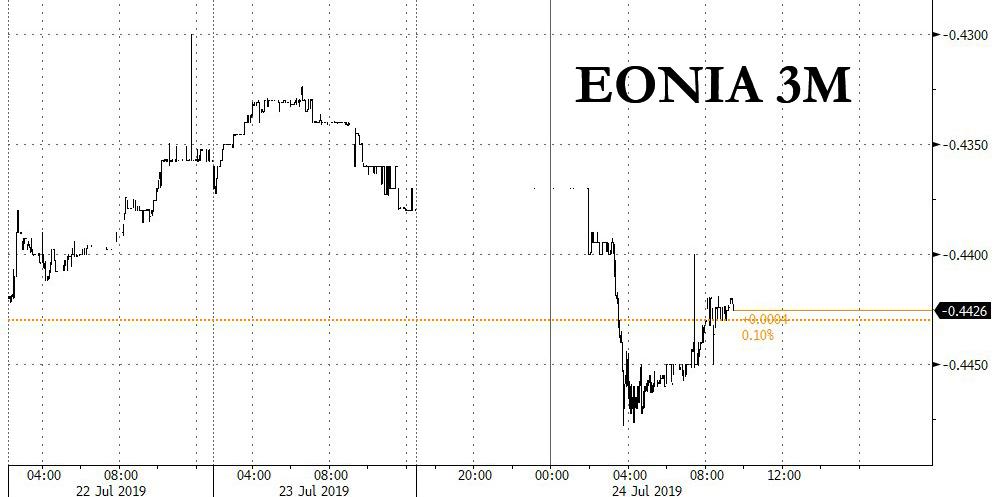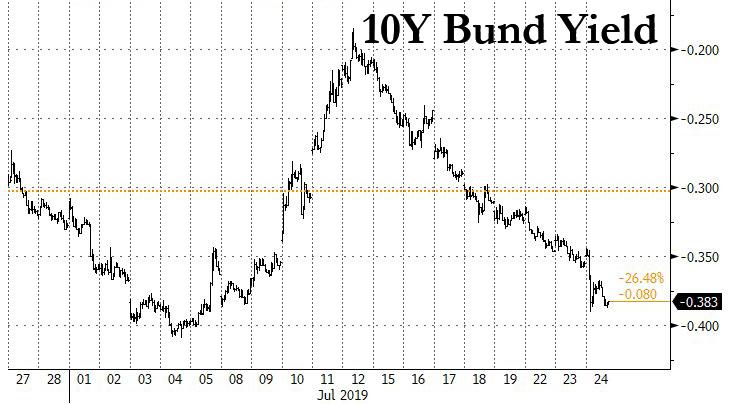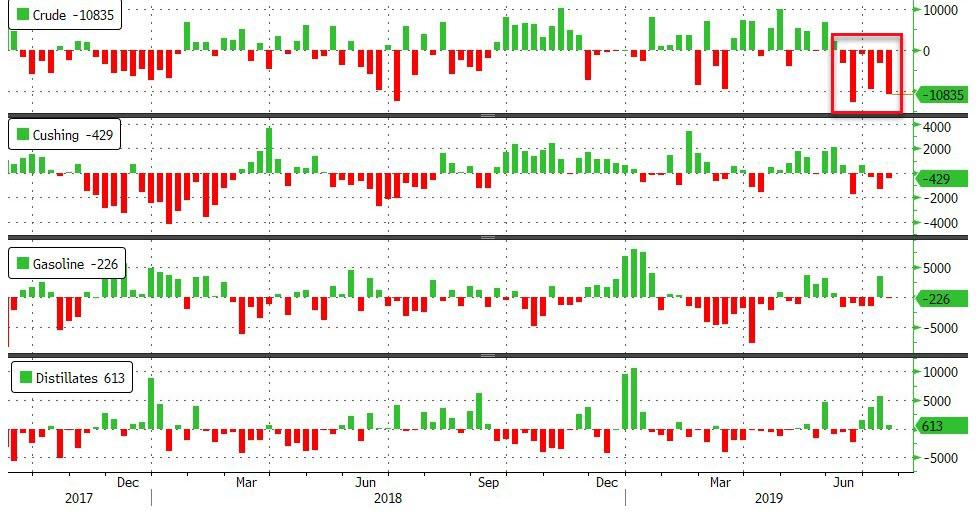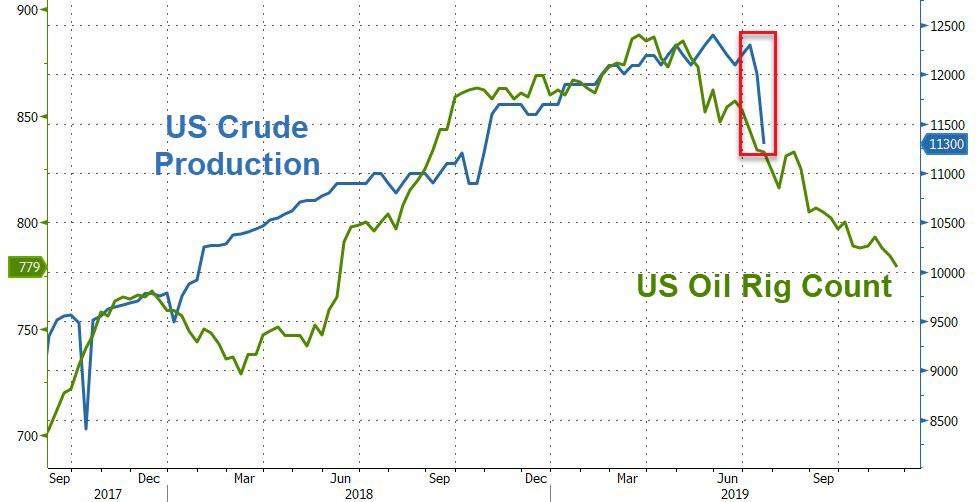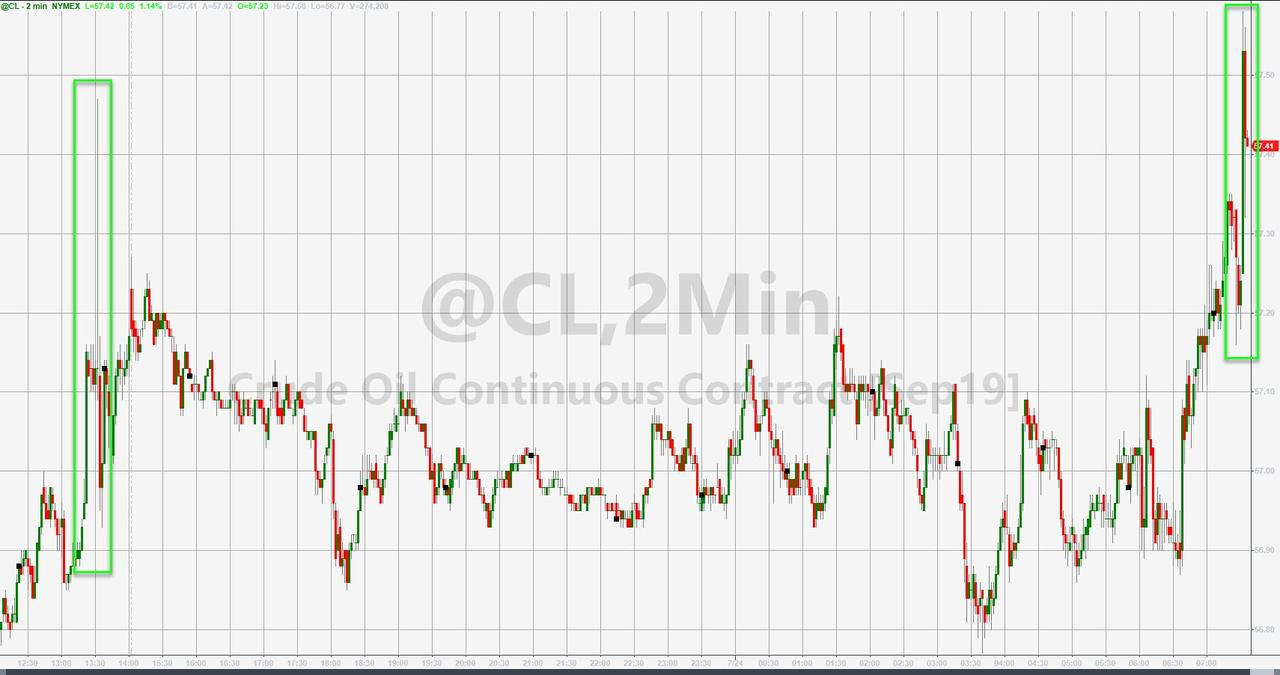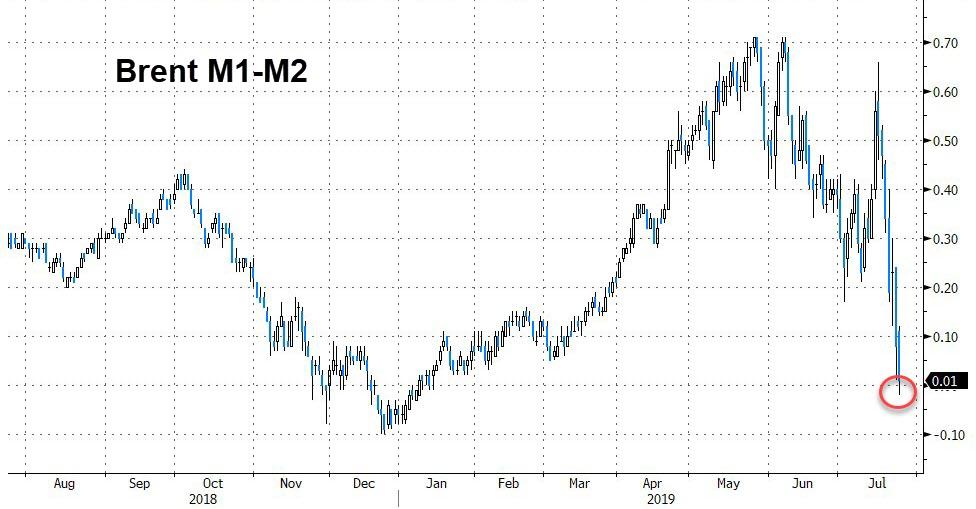Stop what you’re doing and read this amazing story in The Cut about Bruce Hay, a Harvard Law School professor who is currently serving an indefinite suspension while the university investigates Title IX claims against him.
Title IX, the gender equality law oft-cited as a pretext to deprive accused students and professors of due process rights during sexual misconduct tribunals, is a minor villain in The Cut piece, which relates how two horrible women perpetrated a long con on Hay that eventually deprived him of his house and livelihood. He has spent $300,000 in legal fees keeping the pair, Maria-Pia Shuman and Mischa Haider, at bay.
Shuman approached Hay in a hardware store in Cambridge, Massachusetts, in 2015. She claimed she was visiting from Paris, and staying with Haider, a trans woman working on a doctorate at Harvard. Hay was divorced, but living with his ex-wife and their children. Shuman claimed she was a lesbian—both her and Haider were outspoken feminists and social justice advocates—but found Hay stunningly attractive. They met for coffee, then for dinner, and finally had a sexual encounter.
Months later, Shuman claimed that she was pregnant with Hay’s child. He readily believed her, even though he didn’t think the sexual encounter had progressed far enough for this to be biologically possible. Hay wanted to be as involved with the baby as possible, but Shuman wanted him to leave his ex-wife, and his refusal to do so infuriated her. Nevertheless, he eventually met Haider, and the trio formed a relationship, of sorts:
Their bond appeared instantaneous. “We had similar political views,” he says. “[Haider] told me a lot about the trans world. I had known nothing about it.” Soon they were getting together almost daily, talking for hours, sometimes meeting at a coffee shop near Harvard called Darwin’s. Haider regularly texted and emailed Hay articles and statistics about trans women being brutalized and murdered by men.
A month after their first coffee, Haider texted Hay to say, “I am so happy we met, you’re wonderful and stimulating company, I understand why MP is crazy about you.” Behind his back, though, the women mocked Hay. In a text message to Haider that they provided, Shuman refers to him as “Fucking desperado.” By then, Hay rarely saw Shuman anymore. Still, they began discussing the possibility of Hay moving in with them. They would be a family, she said: Hay, Shuman, Haider, and their children, including the new baby.
In the weeks leading up to the January due date, Hay used his publishing connections to help Haider pursue her writing. They began collaborating on projects….Haider asked him to share a byline, but he usually served as more of an editor and agent, reaching out to magazine editors to help place their work, including an op-ed for Huffington Post on anti-discrimination bathroom bills and another for The Guardian on the need to block Judge Neil Gorsuch’s nomination to the Supreme Court. When Shuman was too pregnant to travel, Hay accompanied Haider to Phoenix to consult with a doctor about scheduling gender-affirmation surgery in the spring.
Finally, Hay’s ex-wife, Jennifer Zacks, became suspicious about how much time he spent crying on the phone with these two women, and Hay confessed everything. Zacks, who is much less oblivious than Hay, immediately suspected that he was being duped, but he refused to see it.
What followed was a series of outrages. Shuman and Haider tried to bully Hay into “disentangling” himself from Zacks by either selling their house or buying Zacks out of it. They wanted him spending money on their house, and repeatedly pushed him to take out a home equity loan. At the same time, they habitually accused Hay of abusing, even “torturing” them, and constantly threatened to tell the police he had raped them.
At all times, Shuman and Haider wielded their purported victimhood as a weapon. It was their self-defense, and it worked on Hay like a charm. Shuman claimed to have cancer, and when Zacks told Hay she thought this was a lie, he thunderously replied, “How dare you question these people who are suffering?” Later, Haider began reporting Hay to Harvard’s Title IX office, claiming, “I have been in an extremely abusive situation with a faculty member and it has been taking a tremendous toll on me. I’m sorry I have not reached out earlier but coming to this decision was difficult and painful. My functioning on many levels has gone to zero, my interest in anything has vanished, I’m transgender and it has taken a horrific toll on my transition.”
Shuman and Haider’s biggest victory came after they convinced Hay to give them his computer password. They then orchestrated a series of events that made it seem like he had decided to lease the home he shared with Zacks to Shuman and Haider. The women waited until Hay and Zacks were gone: When Hay returned, he discovered that his “beautiful Italianate home on a quiet corner of Mount Vernon Street had been emptied of his family’s furniture, cookware, toys, documents, books, Zacks’s mother’s and grandmother’s heirlooms — and everything replaced with the women’s furniture. When Shuman had gone MIA in Quebec, Hay believes, she wasn’t seeing a doctor. She’d been overseeing the complicated move, all $10,000 of which had been charged to Hay’s credit card.”
Suffice it to say, Shuman and Haider are con artists. The author of the piece, Kera Bolonik, presents evidence that Shuman has done the pregnancy scam before.
Zacks and Hay recovered the house. Hay has sued the women. The Title IX investigation is still pending, though according to Bolonik, “Hay has already run afoul of investigators for reaching out to journalists (namely me), which they view as an act of retaliation.” I have often criticized Title IX for its retaliation component, which calls to mind Catch-22: attempting to prove one’s innocence, or to object to the way universities are interpreting Title IX, can be seen as a form of retaliatory behavior that is forbidden under Title IX.
Much like the story I covered yesterday—the case of the transgender activist trying to persuade the British Columbia Human Rights Tribunal to force a female-only Brazilian wax business to perform the service on her male genitalia—this is an example of some of the very worst people on the planet weaponizing the rules against unsuspecting victims. It would be a mistake to blame all of feminism, or trans activism, for the cruel and predatory behavior of a few bad people.
But this is far from the first horrific Title IX story I’ve encountered: in fact, more than a hundred people have sued universities for violating their rights because of Title IX, and won. While Education Secretary Betsy DeVos has made some important reforms, more must be done to tame this beast.
It should be noted that Harvard Law School’s faculty have been among the most vocal opponents of Title-IX-run-amok. Their stand seems even braver in hindsight, as Harvard’s administration recently declared all-out war on the principles of due process. In any case, Bolonik concludes Hay’s story with this:
Hay remains mystified about what the women really wanted from him.
Money appears to be a factor but not necessarily the only one — after all, theirs was a long, expensive, and punitive game with no guarantee of a big payoff. Hay says Shuman once told him they’d targeted him for signing an open letter in late 2014 calling for more due process in Harvard’s Title IX proceedings. (Shuman denies ever saying this.) “I don’t know if that’s the real reason or something she made up later,” says Hay. In May 2018, Hay received a barrage of text messages from an unknown number: “Find a way to connect if you want a chance to take the last exit before HELL … Take my word, you ain’t seen nothing yet. I promise. Oh and as to your quest for motives? Don’t bother. I just really hate the patriarchy, that’s it.”
from Latest – Reason.com https://ift.tt/2YeGMJ2
via IFTTT



